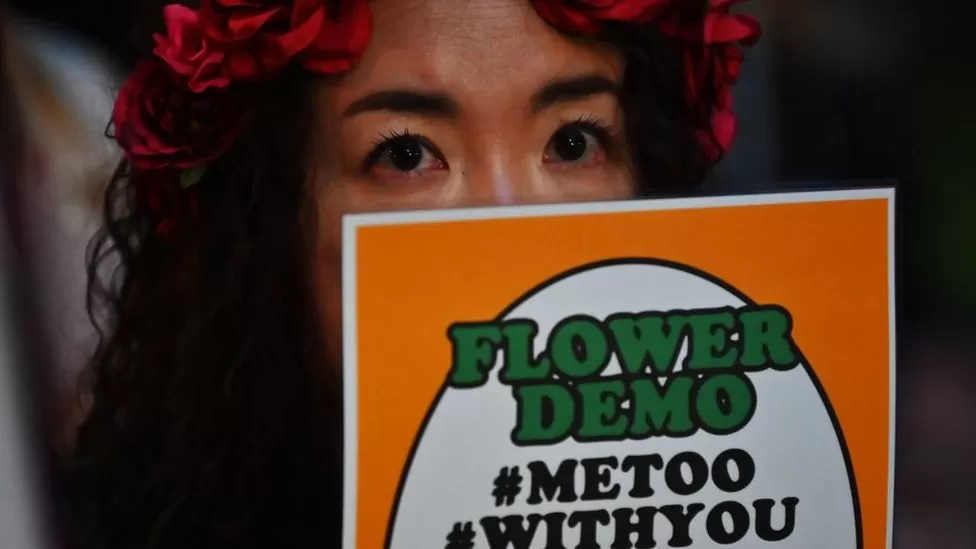In a significant overhaul of sex crime laws, Japan has recently enacted legislation that redefines rape and raises the age of consent.
The revised definition of rape now encompasses “non-consensual sexual intercourse” instead of solely “forcible sexual intercourse,” aligning Japan’s legal definition with that of many other countries.
Furthermore, the age of consent, previously set at a mere 13 years, has been raised to 16 years, bringing it more in line with international standards.
Critics argue that the previous laws failed to adequately protect individuals coerced into engaging in sexual acts, resulting in underreporting of such assaults. Additionally, the inconsistent application of these laws by courts has fueled calls for reform.
The newly passed laws, approved by the upper house of the Diet (Japan’s parliament) on Friday, explicitly outline eight scenarios in which it may be challenging for a victim to “form, express, or fulfill an intention not to consent” to sexual intercourse.
These scenarios include instances where the victim is under the influence of alcohol or drugs, subject to violence or threats, or experiences fear or shock. Another scenario appears to address situations involving an abuse of power, where the victim is apprehensive about the potential consequences of refusing sexual advances.
Previously, Japan had one of the lowest age of consent among developed nations. However, a person who has had sex with a minor aged 13 to 15 will be punished only if the person is five or more years older than the minor.
Meanwhile, the statute of limitations or legal window for reporting rape will be extended to 15 years from 10 years, to give survivors more time to come forward.
The changes also ban “photo voyeurism” which includes upskirting and secret filming of sexual acts, among other things.
It follows multiple rape acquittals in 2019 that caused national outcry and helped spur a nationwide Flower Demo campaign against sexual violence. On the 11th day of every month since April 2019, activists have gathered throughout Japan to demand justice and show solidarity with sexual assault survivors.
But some activists have told the BBC that these legal reforms address only one part of the problem.
“Distorted ideas” about sex and consent that have pervaded for generations must be addressed, says Kazuko Ito, vice-president of the Tokyo-based Human Rights Now.
Survivors of sexual assault who go public also often receive threats and nasty comments online.
Even if the reforms are enacted, survivors must feel empowered to report their attacks, activists say.
In Japan, survivors of sexual violence are often reluctant to come forward because of stigma and shame. A 2021 survey by the government showed that only about 6 per cent of women and men reported an assault half of the women polled felt they couldn’t do so because of “embarrassment”.
“Nationwide learning and educational effort is essential for this norm to be embedded in the society. This is only way to prevent actual sexual violence along with ending culture of impunity,” Ms Ito says.
Japan should also offer more financial and psychological help for sexual assault survivors, lawyer and rights advocate Sakura Kamitani told the BBC.
Attackers too should receive support to prevent recidivism, she added.

